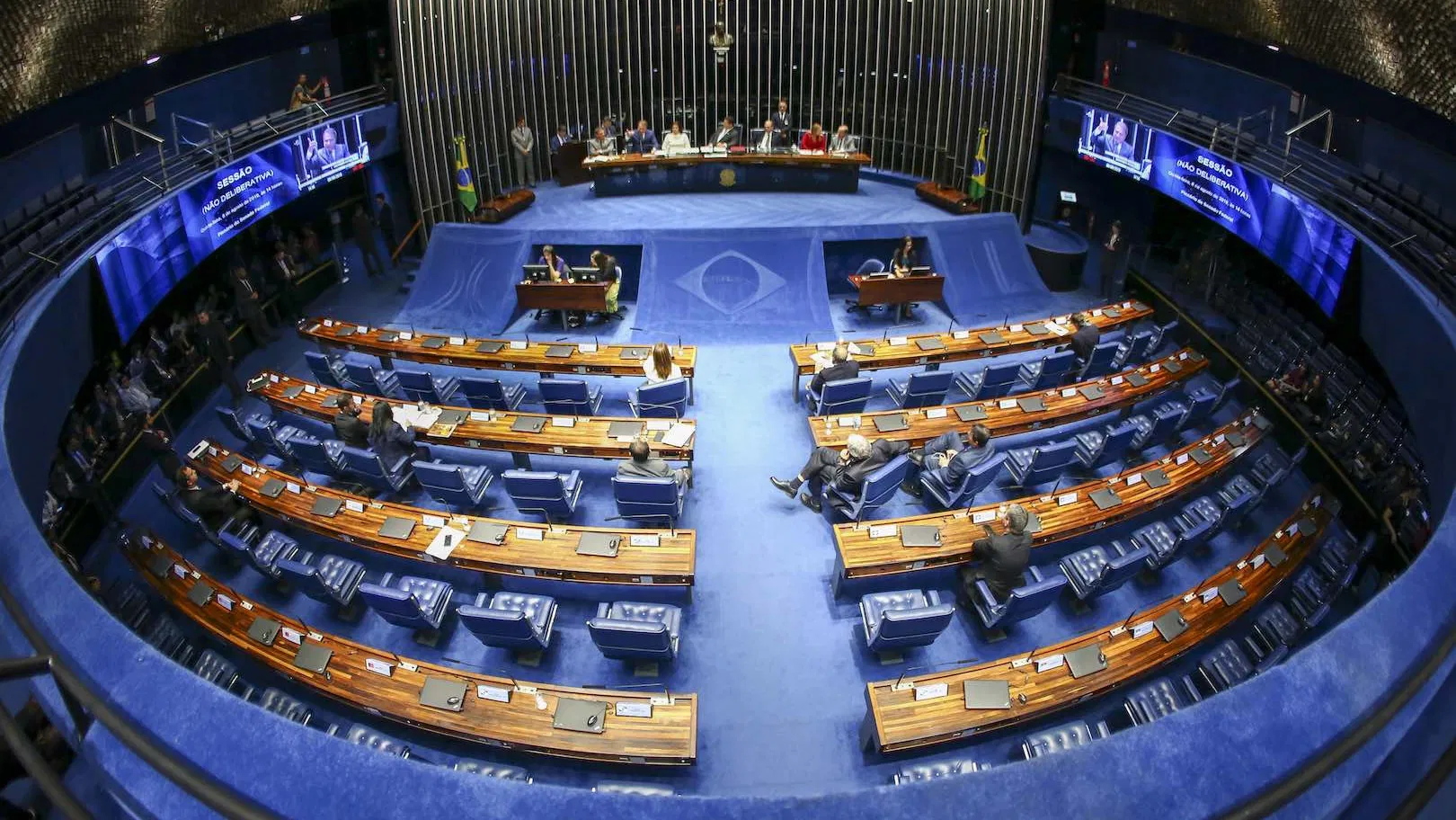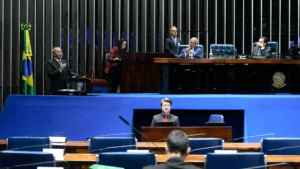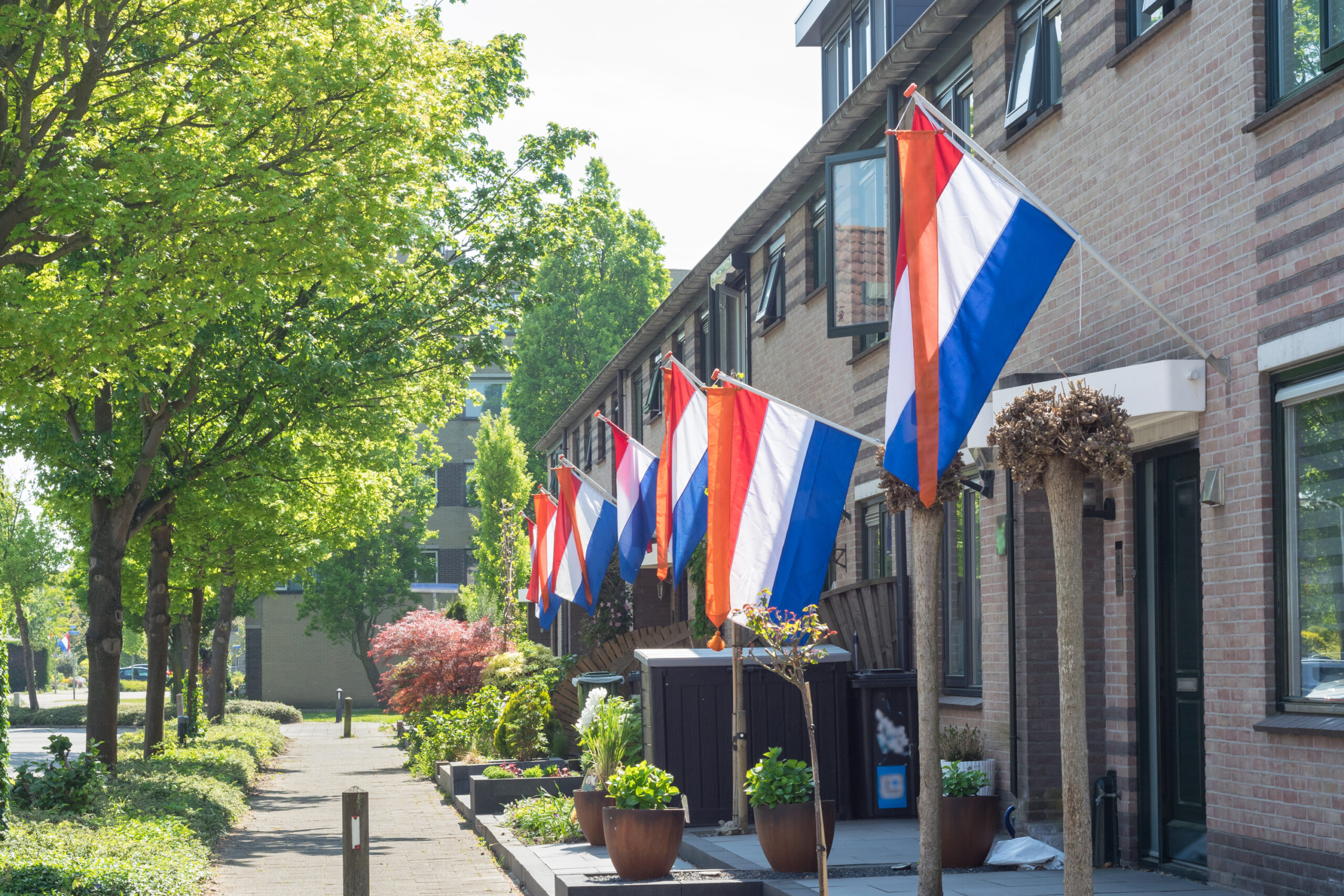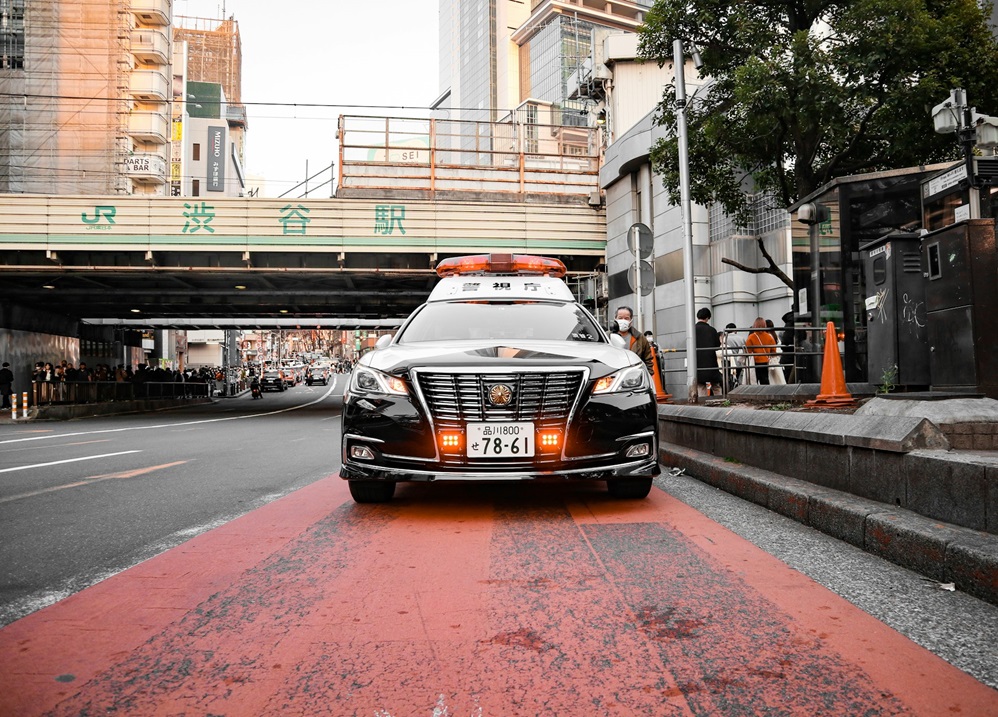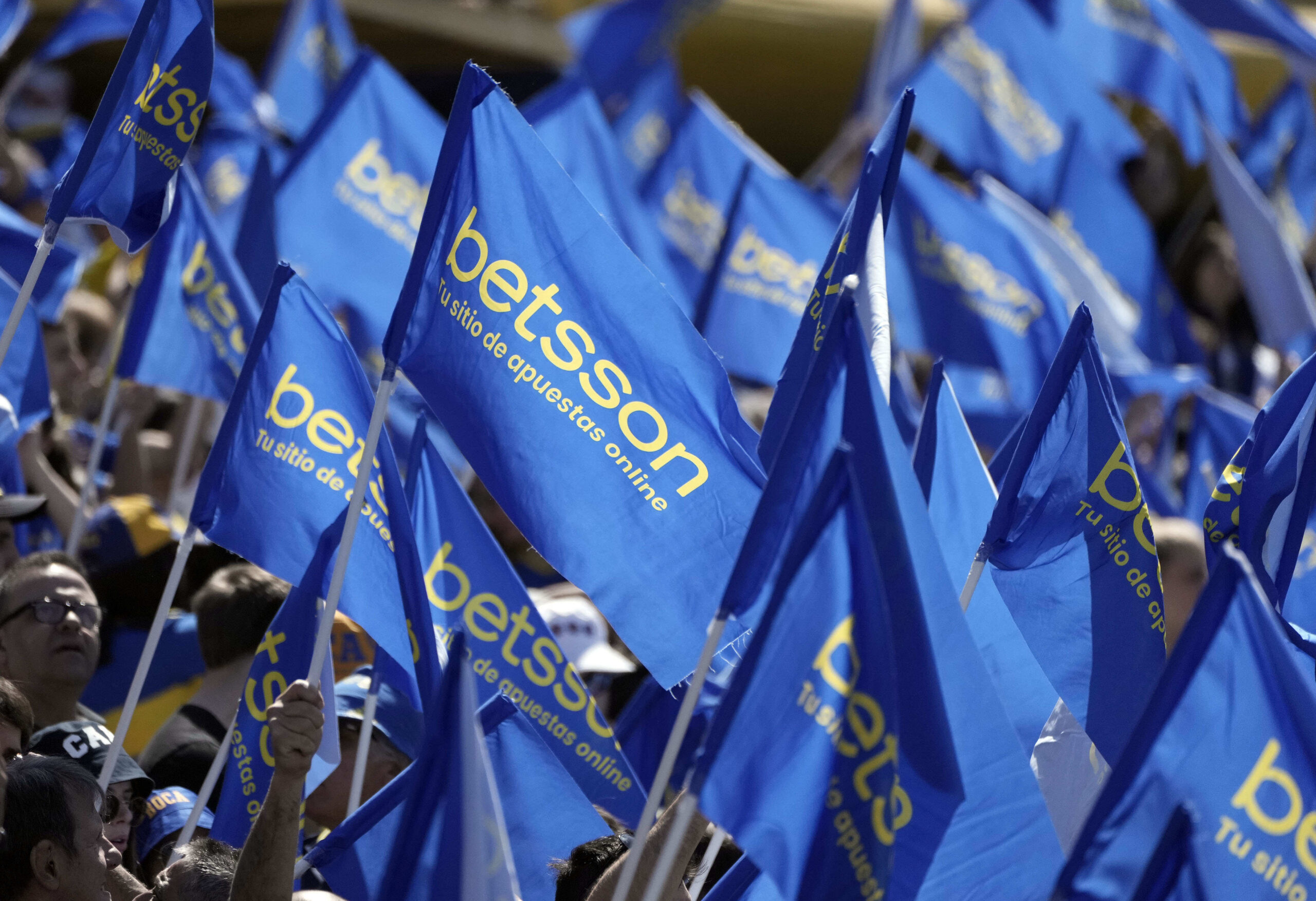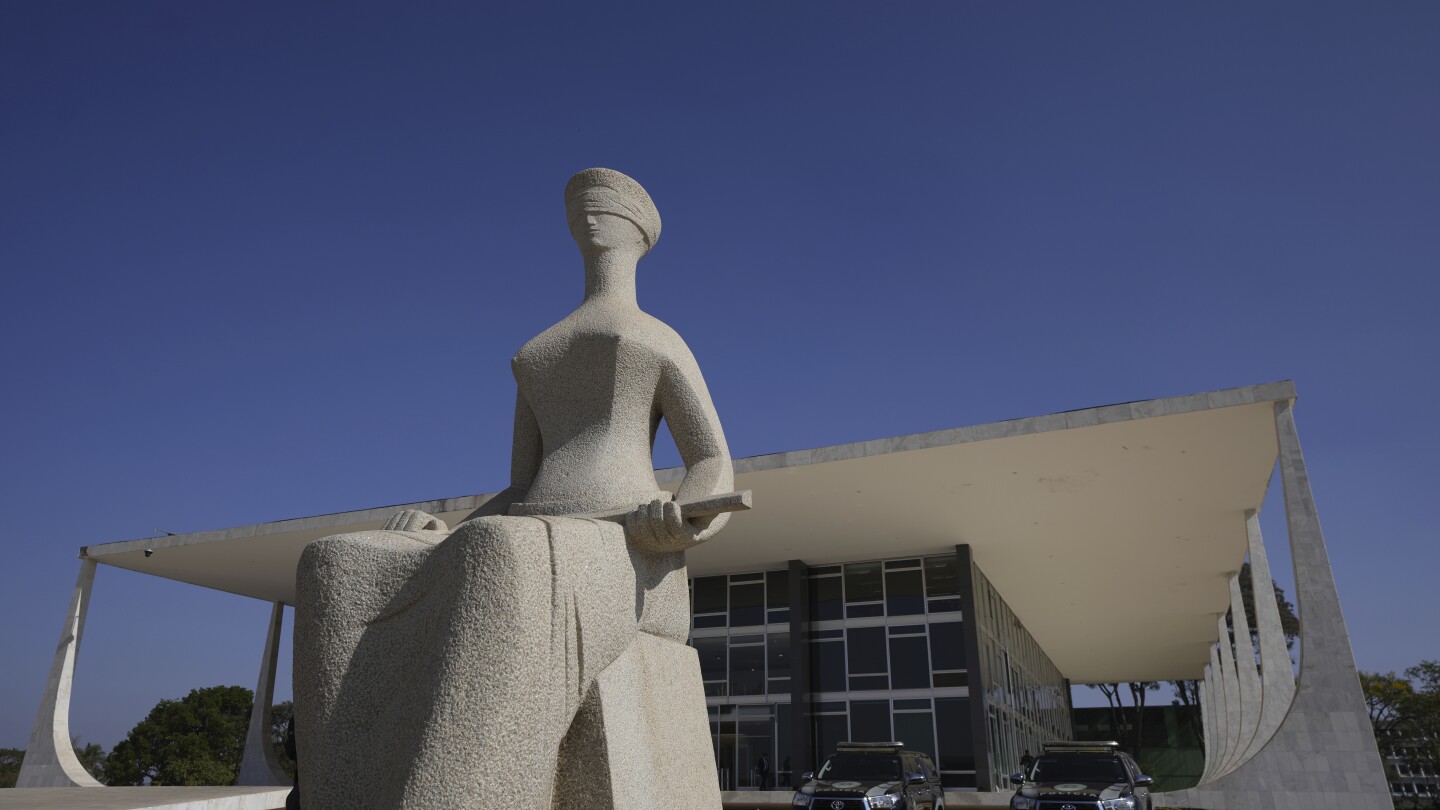Brazil tries to legalise land-based casinos but leaders meet new political resistance. The Senate has delayed, for another time, the vote to allow land-based casinos in Brazil. On Tuesday, Senate President Davi Alcolumbre removed the casino bill PL 2234/2022 from the agenda, which reversed progress for people who support land-based betting in the country.
Now, more than a year has passed since the Justice and Citizenship Committee approved PL 2234/2022, with the senate vote as the only step before President Luiz Inácio Lula da Silva could sign it, and that signature was not seen as a blocker. Alcolumbre explained the plenary had low attendance, just 56 senators, and many important opponents to the betting bill were not present in the session. “There is surely disagreement in the senate about this topic,” Alcolumbre said. “This session had 56 members, deep differences about the matter, and requests from senators who want to join the vote, so the presidency will withdraw this agenda item by its right.” Nobody can say when PL 2234/2022, which is crafted to legalise land gambling segments such as casinos, bingo, jogo de bicho, and horserace betting, will show up again in senate plans, and the next parliamentary break starts on 17 July.
Brazil’s Long Wait for Land-Based Casino Legislation Continues
Brazil banned most gambling nationally in 1946, but kicked off a licensed online betting industry on 1 January this year. Still, land-based gambling fails to be legal, as strong resistance keeps coming from several senators who spoke out against its approval during Tuesday’s plenary. The latest delay from Alcolumbre confirms the large split among politicians on gambling issues, with supporters arguing for big economic gains for land-based laws, while critics worry most about the social consequences of betting.
Senator Eduardo Girão criticises gambling most vocal among lawmakers, and on Tuesday he was happy to see PL 2234/2022 dropped, saying people are worried. Girão wants to send the proposal to three committees, asking them to study the impact legalisation may have on increased cases of addiction and also possible crime growth tied to gambling. He shared his view that online betting laws were wrong, adding: “The betting companies have proved that letting this house regulate them was a mistake.” “It is natural to make a mistake once, but repeating it brings double error. The senate needs enough sense and must say no to this.”
Senators Humberto Costa, Plínio Valério, and Chico Rodrigues also spoke against legalisation, saying it could affect people’s mental health and cause rising family debts. Rodrigues said potential economic advantages disappear when gambling affects sales in other business areas like retail. He said, “Legal gambling taxes do not mean new income but just move consumer spending from other activities to gambling instead,” Rodrigues argued.
Vote Postponed Despite National Survey
The recent delay comes although most people seem to support land-based gambling legislation. A state-backed poll revealed 60% of the Brazilian adult population favour allowing land-based casino laws. The April report by DataSenado Research Institute showed just 34% of 5,039 Brazilian adults, aged 16 and up, voiced disapproval for the bill. With some saying Brazil could earn BRL20 billion ($3.5 billion) per year from legalisation, DataSenado survey recorded 58% agree that a licensed sector would bring more tax collection. Another 44% said more jobs would come with land-based legalisation.
Pressure on the Online Sector Perhaps a Contributing Factor
The online betting industry after its recent launch faces political questioning and sharp media reporting, which may have influenced the delay for land-based casino rules. Only around six months ago, the licensed online market began, and now reports say the industry will be subject to new advertising limitations and the tax for operators could rise to 18%, which pushes the overall tax load to about 50%. Senator Girão claims recent news articles about online betting laundering money show that land-based casinos should not be allowed as well.
He said, “The news pages of O Globo, Estadão, and Folha lately all mention that organised crime never washed so much money or earned so much as after gambling began,” Girão said. “The big challenge for Brazil now is public safety. The Lula government says it stands for poor and less privileged people, so they have a duty to fix gambling’s error by blocking any more of it, no more legal betting should be permitted.”

 Companies
Companies 